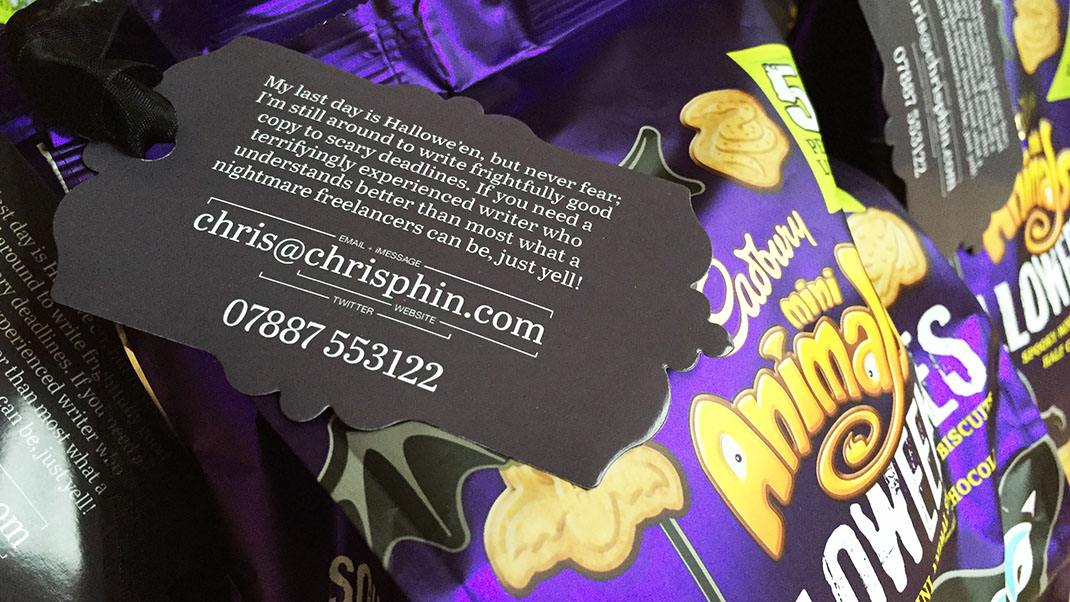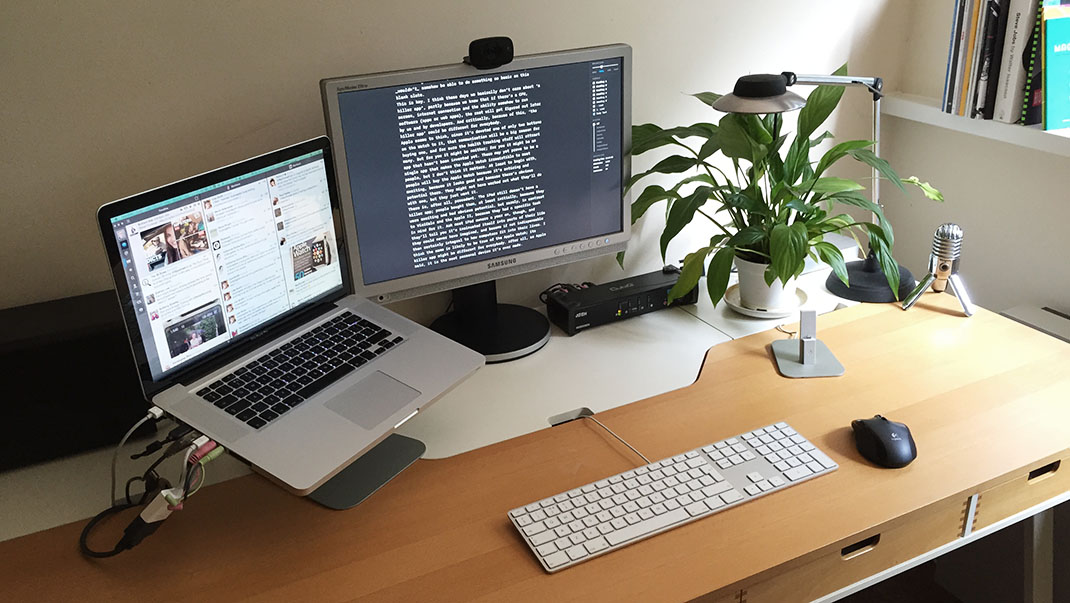Today is my last day at work. Having gone straight from school to university to work, I don’t remember a time when I haven’t woken up every day and travelled to an institution where someone else had dibs on my time. It’s likely, once I have stepped back, gained some perspective and regained some drive and creativity, that I will want to go back into full-time employment, but today at least feels like I’m closing Vol. I of my life – and so I’d like to say thanks to some of those people who mattered to me in it.
Thank you to my wife for being endlessly inspiring and for always being in my corner.
Thank you to my teams for helping me make good stuff, and especially to those colleagues who’ve become friends, for making the bad days tolerable and the good days glorious.
Thank you to everyone who took a punt on me – and to anyone who does in the future!
Thank you to my parents for instilling in me some good values, and to them and my wider family for support, encouragement and love.
Thank you to the community in technology and publishing who have proven time and again to be some of the best, smartest and most exhilarating people you could hope to meet.
Thank you to those who’ve read my words, bought my magazines or otherwise engaged with my professional output – and not just because you indirectly helped pay my wages.
Thank you to anyone who challenged me to think more, to prejudge less, to be kinder, to empathise, to care. And to up my game, explicitly or without you realising it.
And thank you for reading this. ☺️


